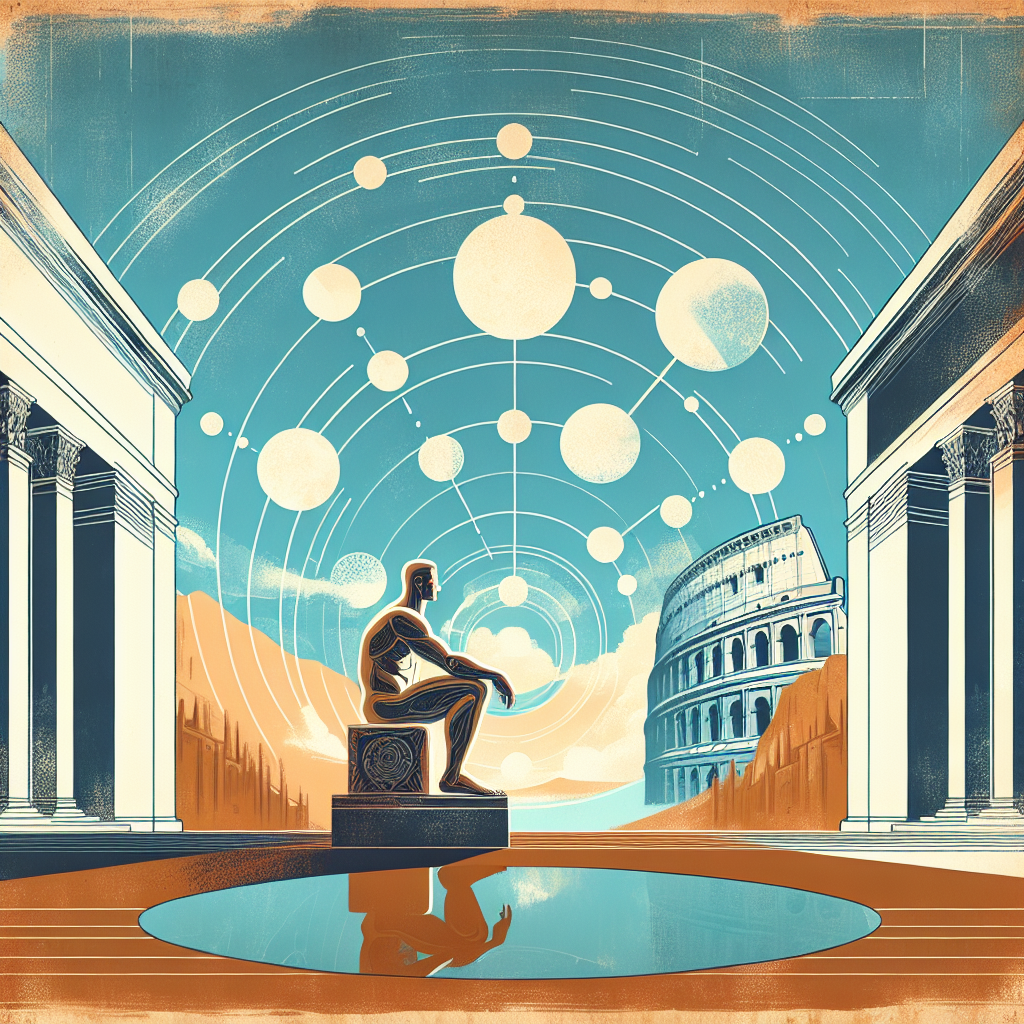
The Stoic Art of Self-Reflection
Posted on 2024-1-1
Acquire the contemplative way of seeing how all things change into one another, and constantly attend to it, and exercise thyself about this part of philosophy.
- Marcus Aurelius
Self-reflection is a powerful practice that allows us to gain insight into our thoughts, emotions, and actions. In the Stoic philosophy, self-reflection is considered essential for personal growth and self-improvement. By taking the time to examine our inner workings, we can identify areas for development and cultivate a deeper sense of self-awareness.
Stoic practitioners like Marcus Aurelius and Seneca emphasized the importance of self-reflection as a means to understand our reactions to external events. By pausing to reflect on our responses, we can gain greater control over our emotions and behaviors, leading to more intentional and virtuous living.
The Stoics believed that self-reflection also helps us align our actions with our values and principles. Through introspection, we can assess whether our choices are in harmony with what we deem as just and honorable. This process fosters a sense of integrity and authenticity in how we navigate the world.
In today's fast-paced and often distracted world, the practice of self-reflection offers a counterbalance to the constant stimuli and external pressures. It allows us to pause, recalibrate, and connect with our inner selves, promoting mental clarity and emotional resilience.
By incorporating the Stoic art of self-reflection into our daily lives, we can foster personal growth, deepen our understanding of ourselves, and live with greater wisdom and purpose. Through this intentional introspection, we can cultivate resilience, emotional intelligence, and a deeper connection to our values.